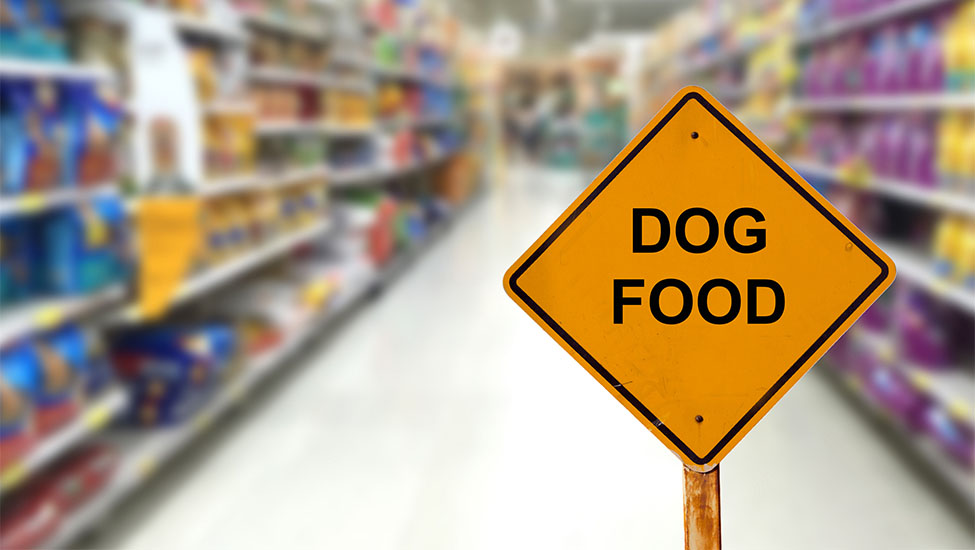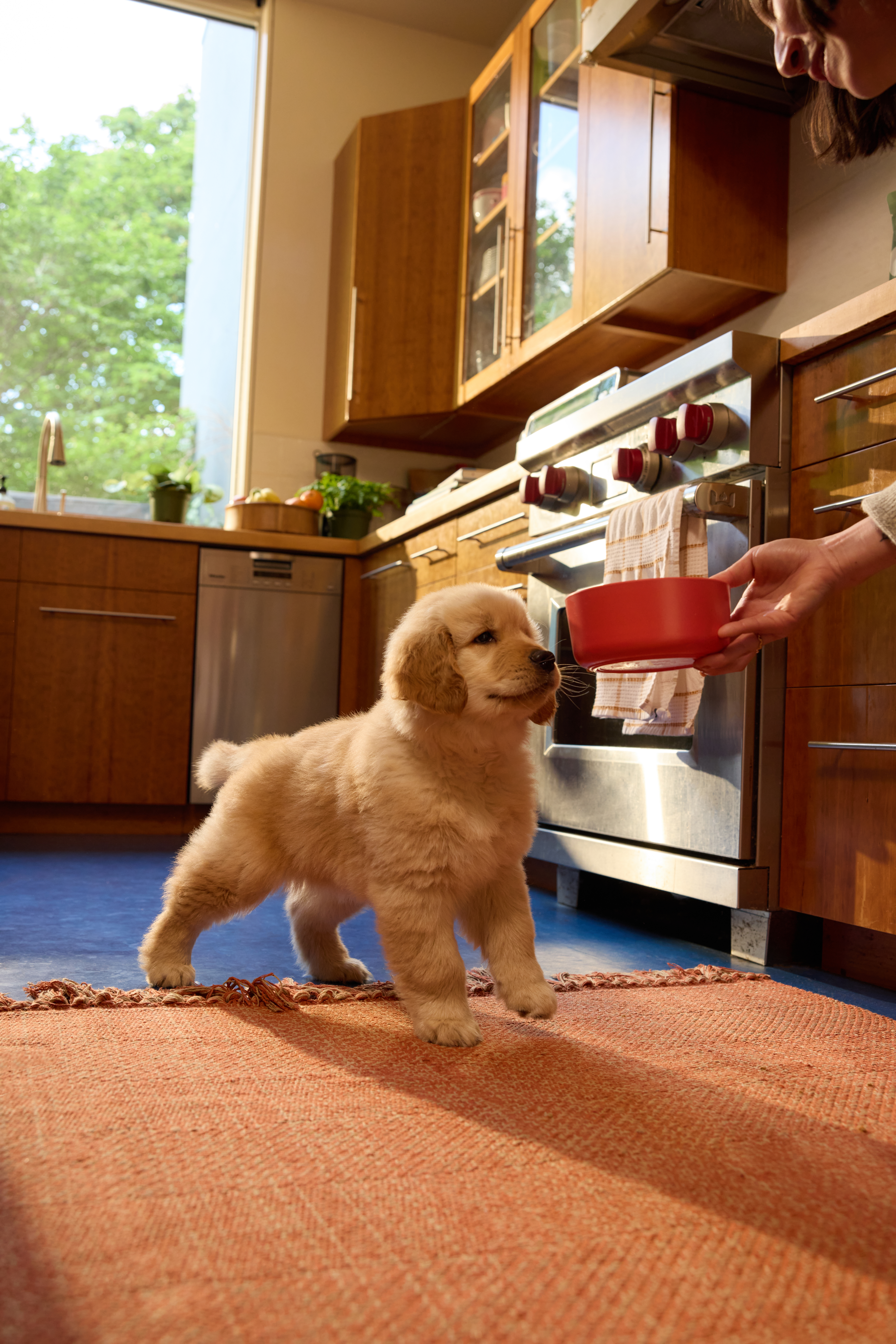Hey Ollie blog readers! We’re offering you an exclusive 60% OFF your starter box! Try now!
Over the past few years, humans have become increasingly skeptical of the descriptions we see on so-called health foods: "Low-fat"? Okay, but how much sodium is in there? Turns out, we need to be just as suspicious of some of the terms we see sprawled on seemingly nutritious dog food, too. Take "antioxidants," for example—at best, terms like these may meet a minimum regulatory definition, as in, technically carrots have "antioxidants" in them, but maybe this formula has less than one percent of actual carrots inside.
At worst, they are empty words used to lure customers into a false sense of health. A study at the University of Houston found that consumers tend to view food products with health-related euphemisms as healthier than those without them, regardless of what’s actually included on the nutrition information. Health-related words psychologically "prime" consumers to evaluate what they’re looking at with an influenced bias.
In the spirit of transparency, something we prize at Ollie, we’re taking a closer look at some of the popular dog food terms out there that can be misleading and shedding some light on what they really mean:
All-natural
The U.S. Food and Drug Administration (FDA) still hasn’t defined natural in relation to pet food labeling, so we rely on AAFCO’s definition, which is food that’s derived solely from plant, animal or mined sources, not having been subject to a chemically synthetic process and not containing any additives. So if you see ingredients on the label like BHT (Butylated Hydroxytulene) and BHA (Butylated Hydroxyanisole), which are preservatives, it’s not all-natural!
Organic
Regulations for pet foods are still being developed, so the USDA’s National Organic Program is mandating that companies claiming to be organic meet its human food regulations: Certified organic foods will display a USDA organic seal and must be made of at least 95% organic ingredients. The trick here is that even if one ingredient, like peas, meets those standards, it doesn’t mean the rest of the ingredients do. And no matter how organic ingredients are, if they’re cooked at a high temperature, they’ll lose their nutritional value.
Corn or grain-free
Similar to the recent human obsession with not eating carbs, these diets have been all the rage in pet food for a while now. But not all grains are bad—and furthermore, it’s rare for a dog to be allergic to all grains (though they can have a dietary intolerance to specific ones). What you really need to look out for is that grains don’t make up the majority of the recipe. And watch out for sneaky filler sources like corn husks or beet pulp.
Limited ingredients
This is another one of those diet trends some humans are getting swept up in. If your pup has severe allergies, it might be the right choice. But otherwise, look closely at the label because—while the first few ingredients might sound great (sweet potato, bison, peas), there could be a laundry list of supplements that follow them to make up for what’s lacking nutritionally.
Complete nutrition
According to AAFCO, "complete” means the product contains all the nutrients dogs require required. But that doesn’t mean those nutrients come from quality sources! Or that their value isn’t depreciated by over-processing and cooking at high temperatures.
The name of the recipe
Finally, don’t be fooled by a dog food that’s called "Real Buffalo from the Mountains"—even if it does contain real buffalo, and they are from the mountains, there could also be a number of other less appetizing protein sources in there. As long as the first ingredients has a certain percentage moer than the others, companies can name the whole recipe after it.
The Ollie blog is devoted to helping pet parents lead healthier lives with their pups. If you want to learn more about our fresh, human-grade food, check out MyOllie.com.
Tagged As:

The nutrition your dog needs,
the food they want.

Enjoying our articles? Subscribe our Newsletters and get new articles directly to your inbox
You might also like
17 October 2025
6 MINS READ
Choosing the Best Food to Fuel Your Puppy’s Strong Future
As a new pup parent, you have the responsibility of laying the foundation for your puppy’s future health. The nutritional choices you make during their first year are crucial, directly influenci…
by Ollie Pets
17 October 2025
3 MINS READ
Gentle Human-Grade Solutions for Sensitive Stomachs
Watching your dog suffer from a sensitive stomach is always stressful, and the constant worry about gas, loose stools, or vomiting can be overwhelming. Fortunately, a high-quality, easily digestib…
by Ollie Pets
17 October 2025
5 MINS READ
Choose Fresh: The Best Dog Food for Allergy Relief
As a pup parent, there’s nothing worse than seeing your dog in distress. The constant scratching, irritated skin, or upset stomach that comes with allergies can be heartbreaking. The good news is …
by Ollie Pets







